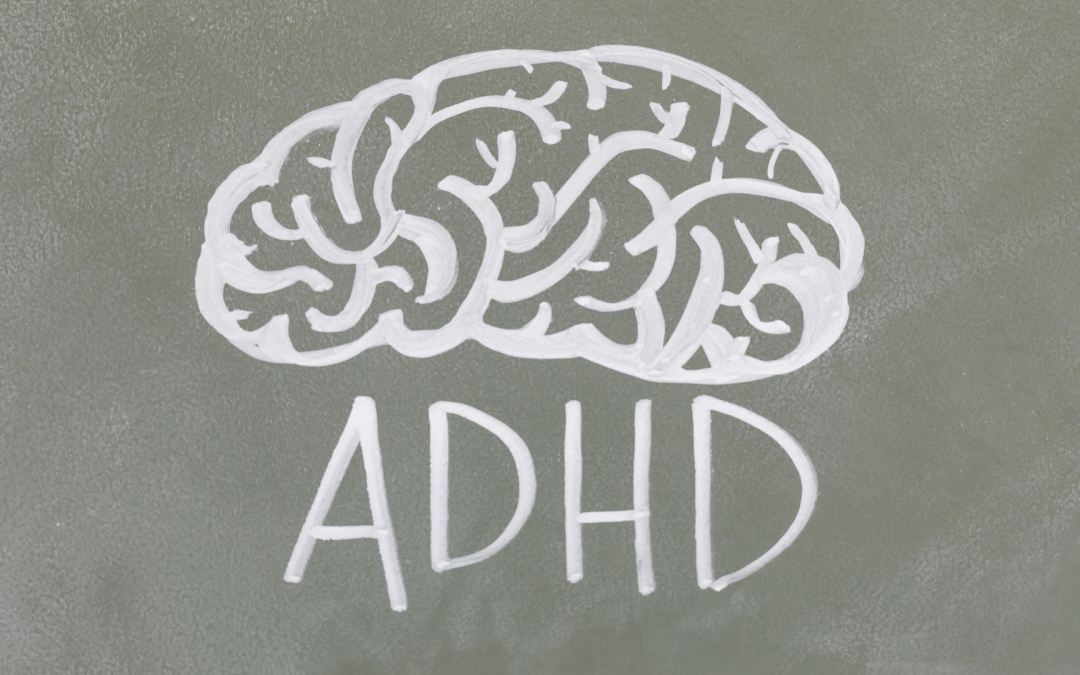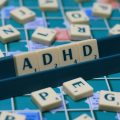Table of Contents
Dating someone with Attention Deficit Hyperactivity Disorder (ADHD) at times can be challenging; but as long as love is pure, it does not have to be a deal-breaker. In fact, it can make romantic partner relationships more exciting, pulling in spontaneity, adventures, and lovely dynamics of energy.
In the United States, thousands of adults have this condition and the rates are rising. A common health challenge, ADHD causes hyperactivity, inattention, disorganization, and other symptoms that has an impact on daily functioning. As treatments care together with coping strategies are available; it is vital that one is aware that it is a lifelong condition.
Keeping the Relationship Against All Odds
While there is no cure for it, you can still have a healthy; loving and even, lifelong relationship with a partner who has ADHD. If you as of the moment are dating one; and you are in points of getting to know each other deeper; you’ll want to be devoted in learning their condition and understand how it can show in your relationship.
You are in the right place; as we’ll gather all the essential knowledge you would want to know if you are seeing someone romantically with ADHD. Let’s get started to know all the ways of support, and ladder to success romantically with a partner living with ADHD.
How does ADHD affect relationships?
ADHD is different from all people suffering from it. Your partner may not have a diagnosis, but can display evident signs of this condition. They also may have a diagnosis, but not in treatment currently; or maybe in treatment, but still manifest their ADHD symptoms.
While there are different manifestations of ADHD, these are some of the common, almost universal signs and symptoms:
- Difficulty paying attention
- Low frustration tolerance
- Forgetfulness
- Impulsiveness
- Impatience
- Disorganization
- Chaotic lifestyle
In a relationship, these symptoms can create problems. Your partner may struggle to listen when they are mentally focused on something else. Your partner may set an intention to do something, yet they may fail to do so. They may promise something, but can unintentionally break or forget about it. Nevertheless, keep in mind that there are tremendous amounts of positive traits associated with ADHD that make romantic relationships worth having and fighting. These include traits such as adventurousness, self-acceptance, divergent thinking together with sublimation. Thus, getting a good grasp of awareness on ADHD is important in building a relationship that lasts.
Ways on how one can support their romantic partner living with ADHD.
Conducting of Research
The more you know about ADHD, and how it affects your partner’s behavior and disposition, the more understanding you can be. ADHD is not an excuse, but it offers an explanation of actions such as forgetfulness and not listening when directly spoken. These actions can sometimes help to depersonalize what is usually unintentional and can help bring clarity to the situation instead of associating it with something that does not exist, for instance, a fight or misunderstanding.
There are books, organizations, and guides, like our website that will offer enlightenment about ADHD, all you have to do is devote time and effort, which comes back tenfold.
Focus on your partner’s strength
As an alternative to fixating on your partner’s weaknesses, you may want to instead pay attention to their strengths. While they may not be expert planners and organizers, they may bring energy, spontaneity, and problem-solving abilities that will make your relationship electrifying. Moreover, adults with ADHD are good with people, they are creative souls, flexible and calm in a crisis, which can all be beneficial traits in any relationship.
Better your communication skills
You should start using objective language when communicating with your partner with ADHD, for example, “I feel” statements. Instead of criticizing your partner for their behaviors, it is healthier and more beneficial to explain how that behavior makes you feel. Rather than verbally attacking them for inattention instances, for instance, you can raise that when they are on their phone, you feel as though they are not fully engaging with your presence and what you are saying.
Scheduling a time to discuss what is working and what is not regularly helps. You can discuss your daily life, your established systems, distribution of labor alongside communication of issues and concerns. Scheduling check-ins also are wonderful.
Resist criticism
While it is seemingly easier to blame than to offer hints of love and grace, the latter is usually more effective, healthy, and rewarding.
Respond calmly on harder days, and address the issues when your partner is willing to listen. If your partner’s actions or behaviors are at times negatively impacting your relationship or have caused you hardships, then you need to be open and honest, but do not report aggressiveness and violence. Let it cool for a day or two, and have honest investors about your expectations, and how you can work together to resolve what you are going through.
Practice patience
ADHD deals with their mental health difficulty, and it is not like they choose to have it. Their behavior is a reflection of their ADHD symptoms, not a careless desire to annoy you or make you suffer or miserable.
They can occasionally make you feel frustrated and ignored. Still, these are normal. Remember, your partner is likely experiencing plenty of inner turmoil going through their mind. It can be emotionally draining, and you may worry you’ll give up and leave them, at times of their shortcomings.
Conclusion
As a great solution, try asking how they feel, to get a view of their day-to-day experience. A deeper understanding of what it is like to live with ADHD makes it easier to consider their perspective, and offer compassion, extra love, and care and get you back to keep you fighting for your love. Moreover, try to fixate on their specific behaviors, and more on them as a whole person, whom you fall in love with, whom you adore, admire and would want to keep on your side for the rest of your life.
There is no medical condition that can break a one, burning, passionate and real love you and your partner share. With ADHD, try to view it not as a challenge, but as a hint of spice that makes a relationship full of extra. Extra patience, care, humility, compassion, understanding, fun, adventure, and most of all, affection.






 I love to write medical education books. My books are written for everyone in an easy to read and understandable style.
I love to write medical education books. My books are written for everyone in an easy to read and understandable style.